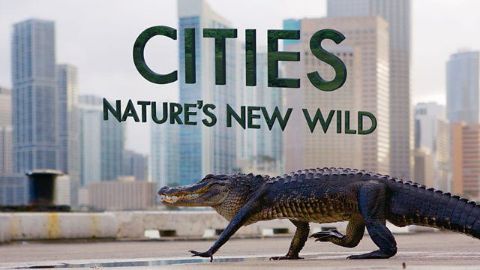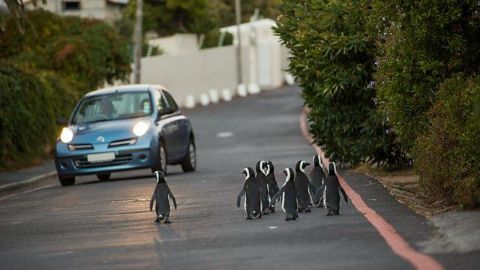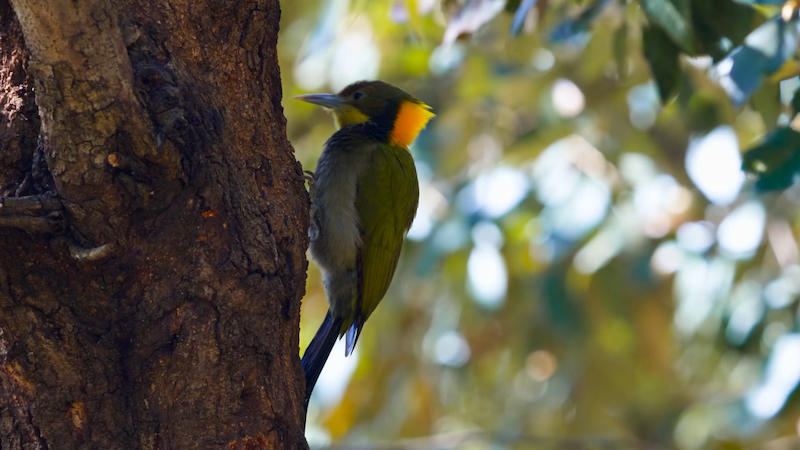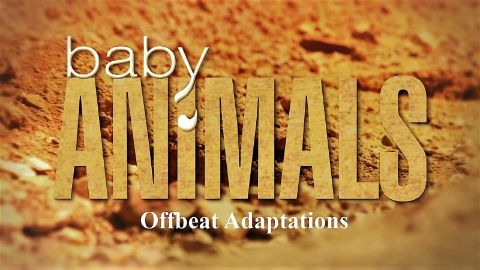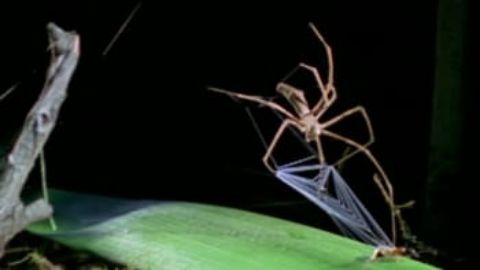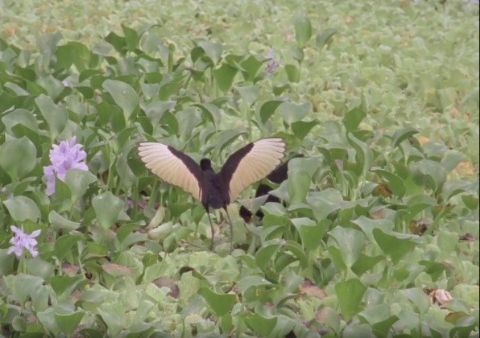Commuters • 2018 • episode "S1E2" • Cities: Nature's New Wild
More than a billion people around the world commute into cities each day, and they are not alone. The world's wildlife is commuting too. A steady flow of animals journey in and out of cities to find food and shelter or to start a family. Leaving the wilderness they must overcome the unique challenges that the urban world throws at them to benefit from the opportunities on offer. This episode explores whether the secret to an animal's success in this fast-changing world is to keep one foot in the wild and one in the city, becoming a wild commuter. It seems that all over the world animals are finding that the city can offer opportunities that are harder to come by in the natural world. Some, like African penguins, whose population has plummeted by 80 per cent in the last 50 years, find shelter in the city. By nesting in Cape Town they are safer from predators, and with relatively easy access to their fishing grounds they have the best of both worlds. Many other animals commute into cities because they are filled with food. In St Lucia, South Africa, that includes hippos. Able to eat up to fifty kilograms of grass in a single sitting, they have developed a taste for the short, manicured lawns and come to town every night to dine out. St Lucia's human residents have learnt to give the hippos the space they need during their night-time raids. Black bears need to eat more than 20,000 calories a day to survive their six-month hibernation through winter, and using their acute sense of smell they can easily track down leftovers. In North America they come into towns and cities in search of food. Many animals displaced from their natural habitat are now using their wild skill set in the city to help fulfill their needs. Could this be the beginning of a new and very modern migration?
Make a donation
Buy a brother a hot coffee? Or a cold beer?
Hope you're finding these documentaries fascinating and eye-opening. It's just me, working hard behind the scenes to bring you this enriching content.
Running and maintaining a website like this takes time and resources. That's why I'm reaching out to you. If you appreciate what I do and would like to support my efforts, would you consider "buying me a coffee"?
Donation addresses
BTC: bc1q8ldskxh4x9qnddhcrgcun8rtvddeldm2a07r2v
ETH: 0x5CCAAA1afc5c5D814129d99277dDb5A979672116
With your donation through , you can show your appreciation and help me keep this project going. Every contribution, no matter how small, makes a significant impact. It goes directly towards covering server costs.
